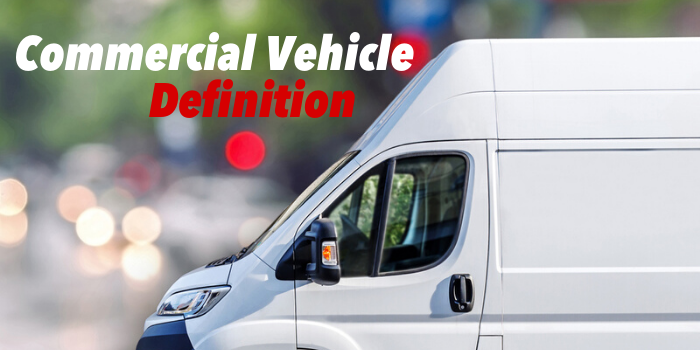Many professions require company vehicles be driven in order to conduct work. In certain cases, this necessitates that employees keep the vehicles on their personal premises beyond work hours. However, these vehicles may cause problems for their owners, the resident living within an HOA community, and for the HOA board.
Does the HOA have the right to prohibit commercial vehicles from being parked in an owner’s driveway?
Unfortunately for those whose work requires them to operate commercial vehicles, the short answer is yes. There is currently no national uniformity to parking restrictions within HOA-governed communities. While one HOA may allow commercially-branded cars, another may require that such vehicles are parked in a garage with the garage door down, while another may ban them completely!
Each HOA must have their own rules defined in the governing documents for the community (the CC&Rs), whether they are allowing, restricting, or prohibiting commercial vehicles. The rules must be clearly defined. Each association is responsible for defining what is and what is not considered a commercial vehicle. The definition of what differentiates a commercial vehicle from a personal vehicle is not always clear and, as mentioned before, is not always standard. The HOA board should do it’s best to provide a clear description of what is and what is not allowed.
Some communities with limited parking are concerned about size of the vehicle, whereas other communities are more concerned about the size and placement of the commercial signage and display of equipment on the vehicle. Here are some examples:
- A broad restriction would be using the DMV classification as a bottom line – if the car is registered as a commercial vehicle then it is to be considered a commercial vehicle, even though it could be difficult for the board to prove without complete resident cooperation, how the vehicle is registered.
- A more detailed interpretation would be describing specific features or characteristics (weight, passenger capacity, fixed hardware, extended panels, etc.) that are not allowed. This would include vehicles such as a tow truck, plumber’s truck, electrician’s vehicle, etc. with logos or equipment visible. It can also include a private vehicle with a decal on the widows advertising a part-time business, such as cosmetic sales, clothing boutiques, or pet grooming.
The association can look to local statutes and state laws to help make their definitions. Definitions should be as clear as possible to avoid complications with enforcement. Most HOAs do not allow overnight parking of commercial vehicles in the common areas or on the streets (though street parking restrictions often apply to everyone in the community, not just commercial vehicles).
Although the HOA is legally allowed to restrict or prohibit the parking of commercial vehicles, these restrictions can become problematic for those people who are contractually required to park their work vehicles at home. Thus, the HOA should strive to be reasonable, fair, and objective when deciding on such restrictions. It is very important that rules are clear and concise so as to avoid any confusion on the part of residents. Rules, as always, should then be enforced uniformly and consistently.







